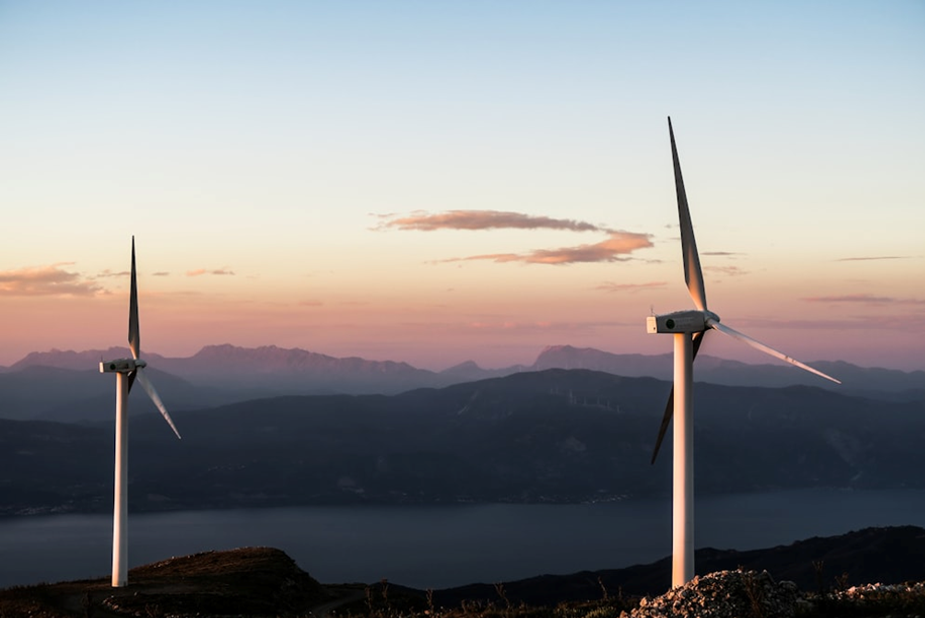It's no secret that we are facing difficult economic times. It is increasingly common to hear about brands closing their operations due to financial problems. In times like these, we tend to put sustainability aside, considering it only as an unnecessary expense, both for the planet and for fair working and social conditions for others, without seeing its potential economic return for the brand. However, this perception is wrong. In reality, sustainability can be a fundamental tool to face economic crises, and here we will see why.

Within the scope of sustainability, there are very important parameters in productive terms that we can all adopt:
- Productive efficiency: It is about producing more (or the same as normally) while consuming less. To achieve this, it is necessary to review energy savings, such as the use of low-consumption light bulbs and machines that consume less energy. In the textile industry, an important opportunity is to optimize the cutting of fabric, making the most of the available meters and using the scraps to generate more products, thus ensuring the efficient use of raw materials and generating additional income for the company.
- Production control: It is common for many brands and companies to produce in large quantities to reduce the cost per unit, but this often results in excess inventory that ends up being marketed at ridiculous prices. One way to save is to control production, generating estimates based on sales forecasts to ensure that only what is necessary is produced and avoiding excess inventories. In addition, the pre-order modality is an excellent option, since the sale is finalized before production, minimizing the risks of excess inventory.

Reflecting on all this, an important question arises: is it really necessary to produce so much? Do we as a society and humanity need to consume excessively? These times of crisis invite us to live with less and rethink our consumption habits.
In conclusion, sustainability is not only an environmental and social responsibility, but also an intelligent strategy to face economic crises. By adopting sustainable practices in our production and consumption, we not only reduce our impact on the planet, but also strengthen the economic resilience of our brands and companies.



